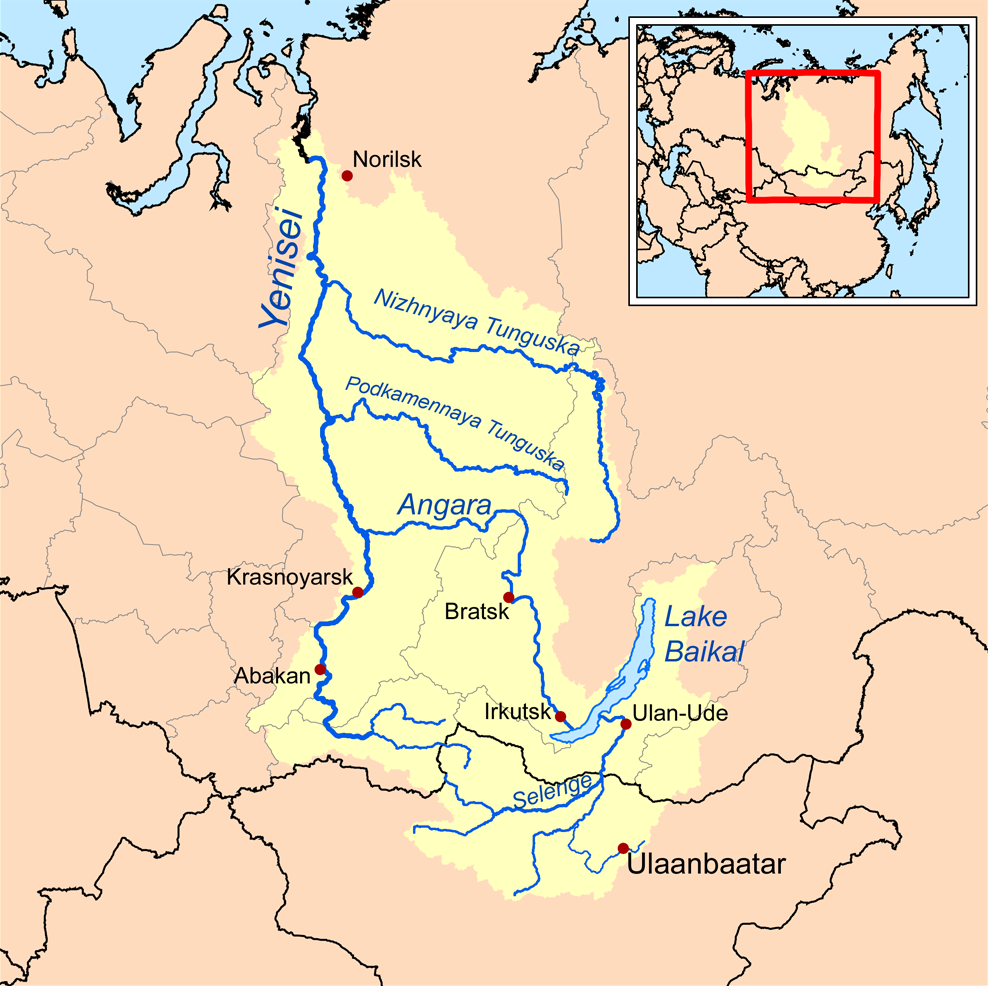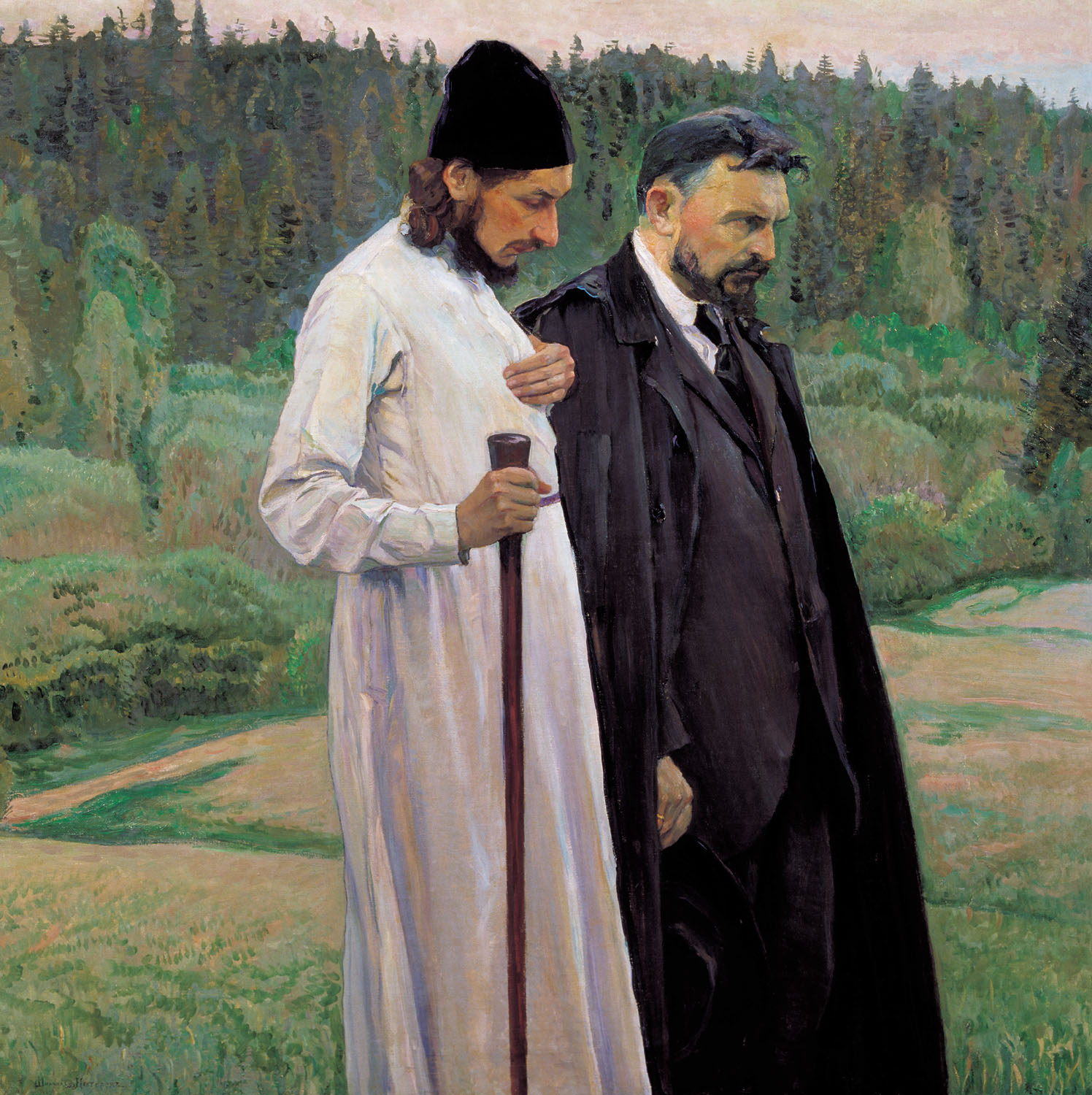|
Bamlag Detainees
Baikal Amur Corrective Labor Camp (Bamlag) (russian: Байка́ло-Аму́рский исправи́тельно-трудово́й ла́герь, Бамла́г) was a subdivision of GULAG which existed during 1932-1948. Its administration, headed by Naftaly Frenkel (1933-1938), was headquartered in the settlement of Svobodny, Amur Oblast. Its main activity was construction of the Baikal Amur Mainline and secondary railroad branches. Its peak headcount was about 201,000 (1938). In 1938 it was dismantled into several camps. Notable convicts * |
GULAG
The Gulag, an acronym for , , "chief administration of the camps". The original name given to the system of camps controlled by the GPU was the Main Administration of Corrective Labor Camps (, )., name=, group= was the government agency in charge of the Soviet network of forced labour camps which were set up by order of Vladimir Lenin, reaching its peak during Joseph Stalin's rule from the 1930s to the early 1950s. English-language speakers also use the word ''gulag'' in reference to each of the forced-labor camps that existed in the Soviet Union, including the camps that existed in the post-Lenin era. The Gulag is recognized as a major instrument of political repression in the Soviet Union. The camps housed a wide range of convicts, from petty criminals to political prisoners, a large number of whom were convicted by simplified procedures, such as NKVD troikas or other instruments of extrajudicial punishment. In 1918–22, the agency was administered by the Cheka, follow ... [...More Info...] [...Related Items...] OR: [Wikipedia] [Google] [Baidu] |
Naftaly Frenkel
Naftaly Aronovich Frenkel (russian: Нафталий Аронович Френкель; 1883 in Haifa – 1960 in Moscow) was a Soviet security officer and member of the Soviet secret police. Frenkel is best known for his role in the organisation of work in the Gulag, starting from the forced labor camp of the Solovetsky Islands, which is recognised as one of the earliest sites of the Gulag. Origins Naftaly Frenkel's origins are uncertain. The given name Naftaly is of Hebrew origin, as are the roots of the family name Aronovich. Aleksandr Solzhenitsyn called him a "Turkish Jew born in Constantinople". Another described him as a "Hungarian manufacturer". Yet another claimed that Frenkel came from Odessa.Shiryaev, Boris, ''Neugasimaya lampada'', Moscow, 1991, p. 137-148 Yet more said he was from Austria, or Palestine. His prisoner registration card states clearly that he was born in Haifa, then part of the Ottoman Empire. From Haifa he made his way (perhaps via Odessa, perhaps via ... [...More Info...] [...Related Items...] OR: [Wikipedia] [Google] [Baidu] |
Svobodny, Amur Oblast
Svobodny (russian: Свобо́дный) is a town in Amur Oblast, Russia, located on the right bank of the Zeya River, north of Blagoveshchensk, the administrative center of the oblast. Population: 63,889 ( 2002 Census); History It was founded in 1912 in conjunction with the construction of the Amur RailwayPospelov, p. 26 (the Trans-Siberian Railway's "bypass" route, which was to provide a railway connection from European Russia to the Pacific entirely over the Russian soil, without crossing the north-eastern China). It was originally named ''Alexeyevsk'' (), in honor of the then crown prince Alexey. In 1917, the town was renamed Svobodny, Russian for ''free''. During the Stalin era, the ''BAMLag'' prison camp was built in Svobodny, with the intention of providing forced labor for the planned construction of the Baikal-Amur Mainline. The camp became one of the largest in the gulag system, with ca. 190,300 convicts in October 1935. The camp claimed the lives of th ... [...More Info...] [...Related Items...] OR: [Wikipedia] [Google] [Baidu] |
Baikal Amur Mainline
Lake Baikal (, russian: Oзеро Байкал, Ozero Baykal ); mn, Байгал нуур, Baigal nuur) is a rift lake in Russia. It is situated in southern Siberia, between the Federal subjects of Russia, federal subjects of Irkutsk Oblast, Irkutsk Oblasts of Russia, Oblast to the northwest and the Republic of Buryatia to the southeast. With of water, Lake Baikal is the world's List of lakes by volume, largest freshwater lake by volume, containing 22–23% of the world's fresh surface water, more than all of the North American Great Lakes combined. It is also the world's List of lakes by depth, deepest lake, with a maximum depth of , and the world's ancient lake, oldest lake, at 25–30 million years. At —slightly larger than Belgium—Lake Baikal is the world's List of lakes by area, seventh-largest lake by surface area. It is among the world's clearest lakes. Lake Baikal is home to thousands of species of Plant, plants and animals, many of them endemic to the region. ... [...More Info...] [...Related Items...] OR: [Wikipedia] [Google] [Baidu] |
Pavel Florensky
Pavel Alexandrovich Florensky (also P. A. Florenskiĭ, Florenskii, Florenskij; russian: Па́вел Алекса́ндрович Флоре́нский; hy, Պավել Ֆլորենսկի, Pavel Florenski; – December 8, 1937) was a Russian Orthodox theologian, priest, philosopher, mathematician, physicist, electrical engineer, inventor, polymath and neomartyr. Biography Early life Pavel Aleksandrovich Florensky was born on in the town of Yevlakh in Elisabethpol Governorate (in present-day western Azerbaijan) into the family of a railroad engineer, Aleksandr Florensky. His father came from a family of Russian Orthodox priests while his mother Olga (Salomia) Saparova (Saparyan, Sapharashvili) was of the Tbilisi Armenian nobility in Georgia.Natalino Valentini, (ed.) Pavel Florenskij, ''La colonna e il fondamento della verità'', San Paolo editore, 2010, p. lxxi. His maternal grandmother Sofia Paatova (Paatashvili) was from an Armenian family from Karabakh, living in Bolnisi, Ge ... [...More Info...] [...Related Items...] OR: [Wikipedia] [Google] [Baidu] |
Konstantin Rokossovsky
Konstantin Konstantinovich (Xaverevich) Rokossovsky (Russian: Константин Константинович Рокоссовский; pl, Konstanty Rokossowski; 21 December 1896 – 3 August 1968) was a Soviet and Polish officer who became a Marshal of the Soviet Union, a Marshal of Poland, and served as Poland's Defence Minister from 1949 until his removal in 1956 during the Polish October. He became one of the most prominent Red Army commanders of World War II. Born in Warsaw (in present-day Poland; then Vistula Land, part of the Russian Empire), Rokossovsky served in the Imperial Russian Army during World War I. In 1917 he joined the Red Guards (Russia), Red Guards and in 1918 the newly-formed Red Army; he fought with great distinction during the Russian Civil War of 1917–1922. Rokossovsky held senior commands until 1937 when he fell victim to Joseph Stalin's Great Purge, during which he was branded a traitor, imprisoned and probably tortured. After Soviet failures ... [...More Info...] [...Related Items...] OR: [Wikipedia] [Google] [Baidu] |
Amurlag (1938—1941)
Amurlag (Russian abbreviation from ''Amursky lager'', "Amur camp") may refer to one of the following Gulag The Gulag, an acronym for , , "chief administration of the camps". The original name given to the system of camps controlled by the GPU was the Main Administration of Corrective Labor Camps (, )., name=, group= was the government agency in ... labor camps in the area of the Amur River: * Amurlag (1938–41), Amur railroad corrective labor camp * Amurlag (1947–53), Amur corrective labor camp {{disambig ... [...More Info...] [...Related Items...] OR: [Wikipedia] [Google] [Baidu] |
Camps Of The Gulag
Camps may refer to: People *Ramón Camps (1927–1994), Argentine general *Gabriel Camps (1927–2002), French historian *Luís Espinal Camps (1932–1980), Spanish missionary to Bolivia *Victoria Camps (b. 1941), Spanish philosopher and professor *Josep Piqué i Camps (b. 1955), Spanish politician *Francisco Camps (b. 1962), Spanish politician *Gerardo Camps, (b. 1963), Spanish politician *Patricio Camps (b. 1972), Argentine footballer Places In Argentina: *Estación Camps, village in Entre Ríos Province In France: *Camps-sur-l'Agly, commune in the Aude department *Camps-en-Amiénois, commune in the Somme department *Camps-la-Source, commune in the Var department *Camps-sur-l'Isle, commune in the Gironde department *Camps-Saint-Mathurin-Léobazel, commune in the Corrèze department See also *CAMPS, missile defense system for civilian aircraft *Camp (other) *Campus *Kamps (other) *Kempes {{disambiguation, surname, place name ... [...More Info...] [...Related Items...] OR: [Wikipedia] [Google] [Baidu] |
History Of Amur Oblast
Amur Oblast ( rus, Аму́рская о́бласть, r=Amurskaya oblast, p=ɐˈmurskəjə ˈobləsʲtʲ) is a federal subject of Russia (an oblast), located on the banks of the Amur and Zeya Rivers in the Russian Far East. The administrative center of the oblast, the city of Blagoveshchensk, is one of the oldest settlements in the Russian Far East, founded in 1856. It is a traditional center of trade and gold mining. The territory is accessed by two railways: the Trans-Siberian Railway and the Baikal–Amur Mainline. As of the 2010 Census, the oblast's population was 830,103. Amur Krai () or Priamurye () were unofficial names for the Russian territories by the Amur River used in the late Russian Empire that approximately correspond to modern Amur Oblast. Geography Amur Oblast is located in the southeast of Russia, between Stanovoy Range in the north and the Amur River in the south, and borders with the Sakha Republic in the north, Khabarovsk Krai and the Jewish Autonomo ... [...More Info...] [...Related Items...] OR: [Wikipedia] [Google] [Baidu] |
History Of The Russian Far East
The Russian Far East (russian: Дальний Восток России, r=Dal'niy Vostok Rossii, p=ˈdalʲnʲɪj vɐˈstok rɐˈsʲiɪ) is a region in Northeast Asia. It is the easternmost part of Russia and the Asian continent; and is administered as part of the Far Eastern Federal District, which is located between Lake Baikal in eastern Siberia and the Pacific Ocean. The area's largest city is Khabarovsk, followed by Vladivostok. The region shares land borders with the countries of Mongolia, China, and North Korea to its south, as well as maritime boundary, maritime boundaries with Japan to its southeast, and with the United States along the Bering Strait to its northeast. The Russian Far East is often considered as a part of Siberia (previously during the history of the Soviet Union, Soviet era when it was called the Soviet Far East). Terminology In Russia, the region is usually referred to as just "Far East" (). What is known in English as the Far East is usually referred ... [...More Info...] [...Related Items...] OR: [Wikipedia] [Google] [Baidu] |



